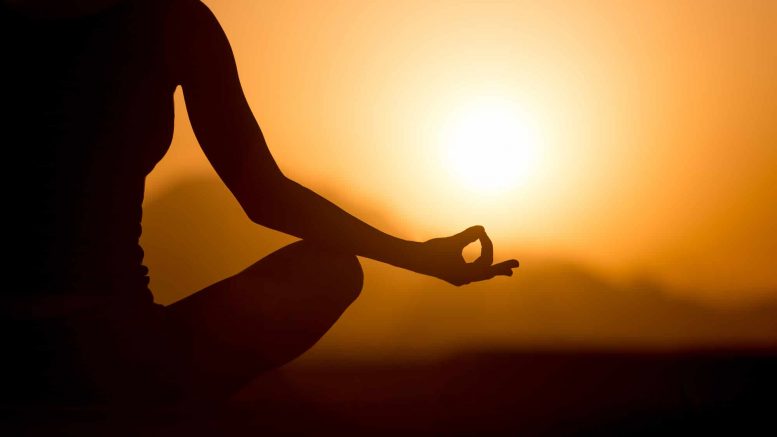There is mayhem everywhere. Stories of loved ones departing too soon. Cries of helplessness. People running around for oxygen, something that we all thought was around us and hence took for granted. It is such a depressing and distressing world at this moment. Little wonder that mental health issues are growing by leaps and bounds.
How do we even keep our sanity with the world around us disintegrating so quickly? Where do we go when all that our WhatsApp messages implore are heartful requests for medicines and injections? Where do we find that guardian angel in these difficult times?
Not being in control of this swirling tsunami of a situation can create a sense of extreme ‘helplessness’ in most of us. As human beings, we love to be in control of situations. We love to believe that our ‘self’ is capable of managing outcomes, come what may. And then, boom! Life throws a curveball. Like the pandemic. Out of nowhere. And we feel lost. Our own ‘self’ seems to elude us. The situation seems uncontrollable.
What do we do then? How do we even reclaim our own ‘self’?
Studies show that irrespective of the negative or positive response to a situation of helplessness, the decision that we take then can quickly lead to a spiral creating either a cascading avalanche of negative emotions or giving you a rollercoaster ride of positive vibes. For humankind to survive catastrophes and unpleasant events, it is critical that the self is reclaimed so that man can continue to live with hope. After all, what would life be, without hope?
Herein lies one of life’s biggest paradox – at one hand we are always striving to be true to ourselves. And on the other, we fill our minds with self-doubts and fears of our own making! In the end, everything boils down to us or you as an individual and your quest to make yourself better.
Self -awareness and a peep into the self is one of the hardest things to do. In the 1750 edition of Poor Richard’s Almanack, Benjamin Franklin writes, “There are three things extremely hard, Steel, a Diamond, and to know one’s self.” How true this still is!
It is this self-awareness that has the potential to assist you get over the feeling of helplessness. Being in touch with your innate self can bring back that feeling of control that we all strive for. To begin with, be aware of things that you can control and those that you cannot control.
In our professional and personal lives, we often experience situations where our negative thoughts tend to overshadow just about every other thing and before we realise, we have lost control of the situation. Here is a small list to help you identify the same. By no means is this table complete. Fill this in with your experiences and step back to see what is it that you can actually control.
| Things you CAN control | Things you CANNOT control |
| Your words | Other people’s words |
| Your feelings | How others feel about you |
| Your opinion | What others talk about you |
| Completion of a task | The passage of time |
| Your hard work and efforts | What other people do/ do not do |
| The type of friends you want | Who likes you/ does not like you |
| Your behavior | Other people’s thoughts/behavior |
| Your attitude | How other’s respond to you |
| Being punctual | Traffic and/or weather |
| Being environmentally conscious | Global climate change |
| Healthy and safe behavior | Global pandemic |
When you stay true to yourself and who you are, you begin to take care of yourself. That builds trust in yourself and a new chain reaction takes place which results in heightened confidence and a belief that you will be able to work things out even in this time of crisis and pandemic.
When you look at the mirror tomorrow, take a step back and connect with your own self. Just be aware and be kind to who you are. When you have regained control over your feelings, you will find the feeling of helplessness dissipate. Be true to yourself.
The views and opinions published here belong to the author and do not necessarily reflect the views and opinions of the publisher.



Be the first to comment on "Finding oneself"